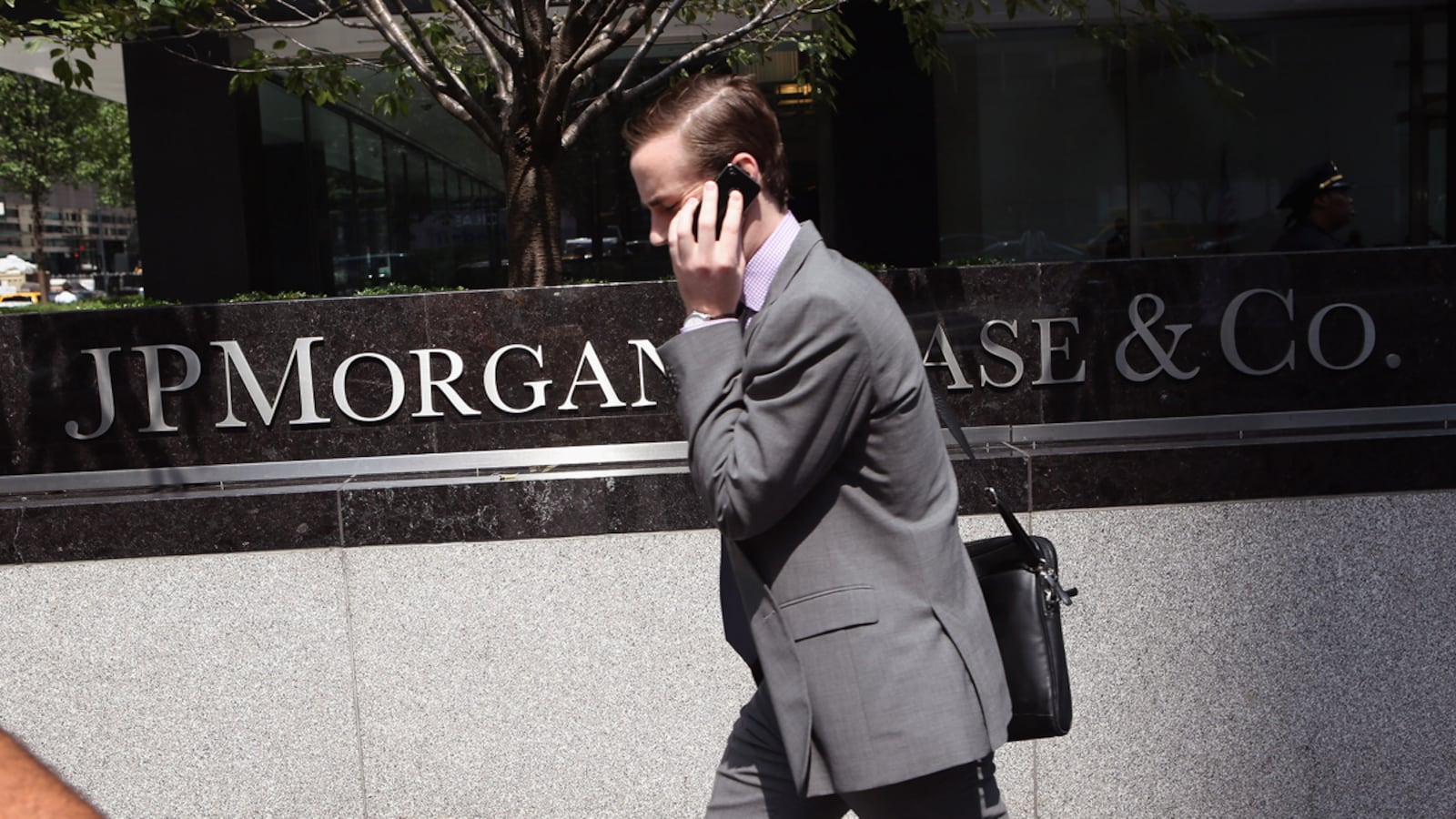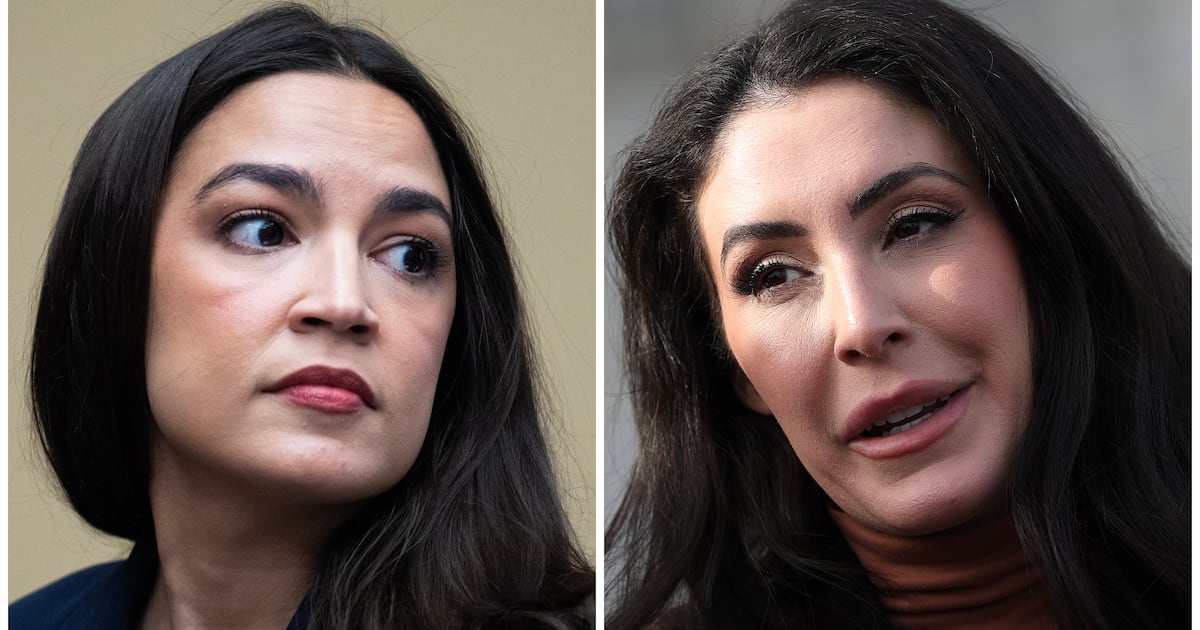When Barclays copped to manipulating LIBOR (the London Interbank Offered Rate), benchmark rates that underpin trillions in assets worldwide, most observers were left waiting for the other shoe to drop. To be sure, the British bank has fired executives. It faces a $450 million settlement, not to mention questions about collusion with the Bank of England. And there is the questionable response on the part of the New York Federal Reserve. But even a cursory reading of the LIBOR figures strongly suggested that it would take more than a few traders at one bank to shift the rates around, and rip off millions.
Now, according to Bloomberg, subpoenas are coming down on seven banks, all subjects of a New York and Connecticut investigation into the manipulation. David McLaughlin reports that three banks–JP Morgan Chase, UBS, and the American arm of Barclays–have already been subpoenaed.
For the house that Jamie Dimon built, the news couldn’t come at a worse time. JP Morgan Chase has already been suffering from terrible publicity (and disappointing earnings figures) over its $5.8 billion “London Whale” loss earlier this year. And CEO Dimon has spent weeks trying to distance himself from the LIBOR issue. Asked about the investigation in his most recent earnings call, he said, “Not all companies are in the same position.” Now, at least when it comes to the federal search for wrongdoing, seven of them are.
It’s also disastrous timing for UBS, who just yesterday was forced to deny media reports that it helped clients dodge taxes by moving money from Switzerland to Singapore, in advance of a planned U.S. tax crackdown. UBS paid a $780 million fine for similar charges in early 2009 and, according to Financial Times Deutschland, this year paid millions of euros for stolen data from Swiss banks. Complicity in LIBOR-fixing would undermine both banks’ already-ailing balance sheets and reputations, while exposing them to multiplying legal pitfalls. Any municipality–from Baltimore to Nassau–that traded interest-rate swaps based on LIBOR would have an opportunity to sue. There are thousands.

The alleged London Whale and Switzerland-to-Singapore gambits were, if they occurred, very complicated. But as the lurid emails between guilty Barclays traders showed, LIBOR-fixing is very simple. All it takes is getting a few friends at different banks together to submit fake figures. In the rate-setting system–now under review by the British Financial Services Authority (FSA)–all cooperation was voluntary, and all data, self-submitted. Given how easy it is to lie about LIBOR, it shouldn’t come as a surprise that so many are under investigation.
The past two weeks have been some of the worst in recent memory for Wall Street scandal. Beyond the metastasizing LIBOR case, there was the Morgan Stanley electricity rip-off, the Goldman prosecution dodge, and Standard Chartered’s $340 million settlement for Iranian money laundering. News of an expanded investigation–with a subpoenaed paper trail–may be welcome. But with so many other troubling threads to follow, LIBOR investigation and reform may just be scratching the surface.





